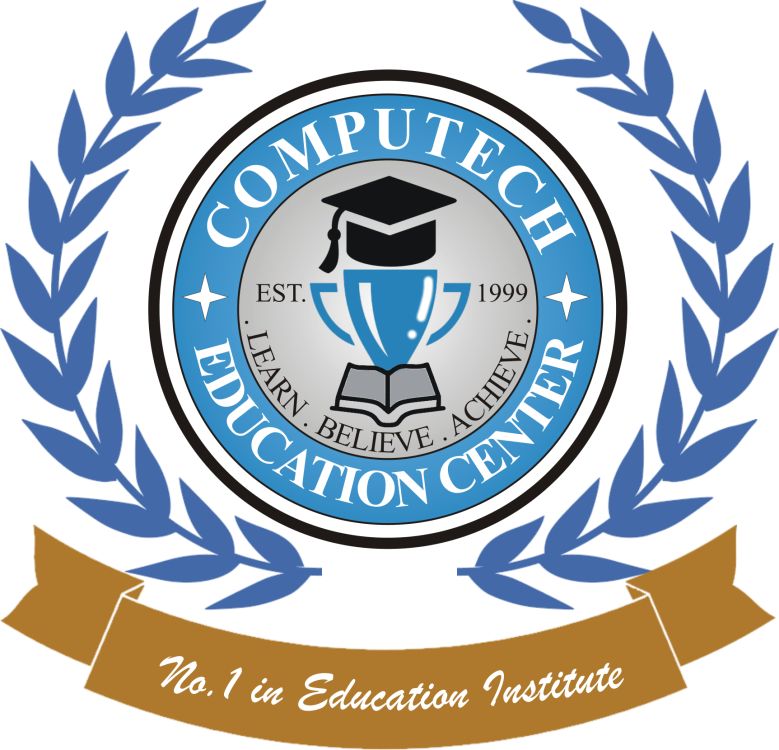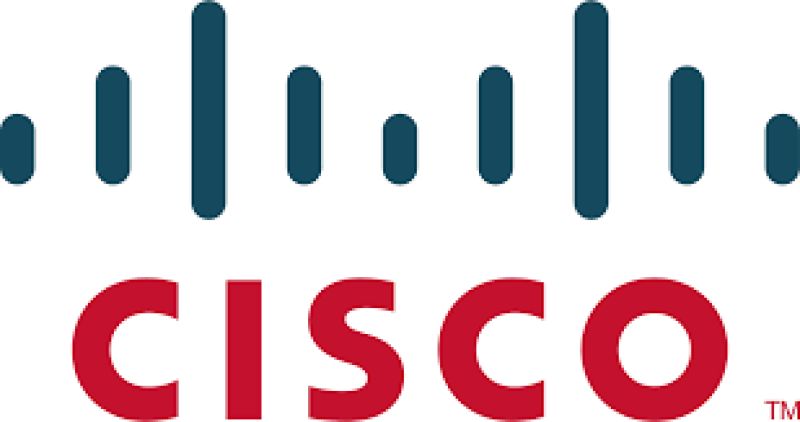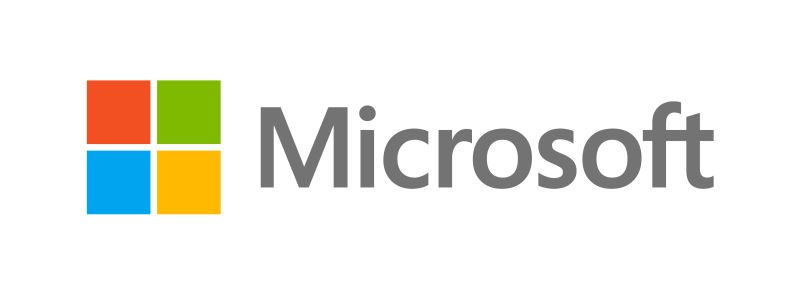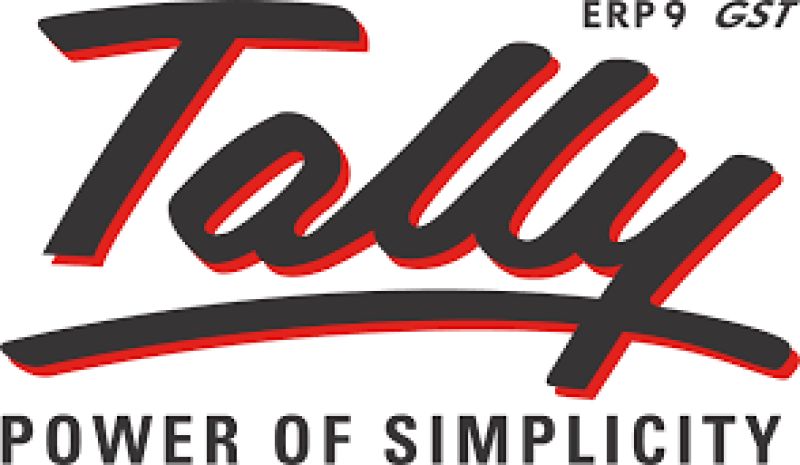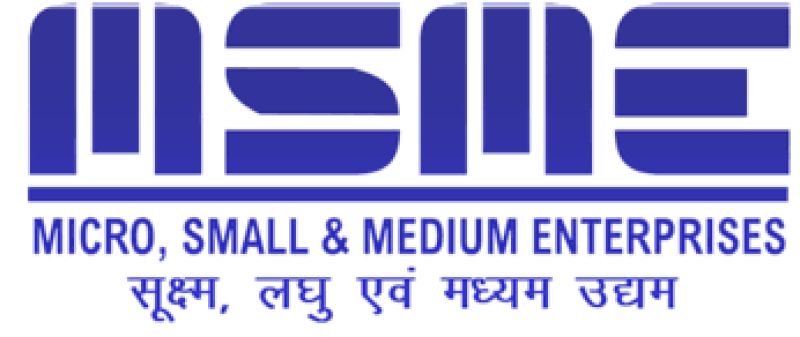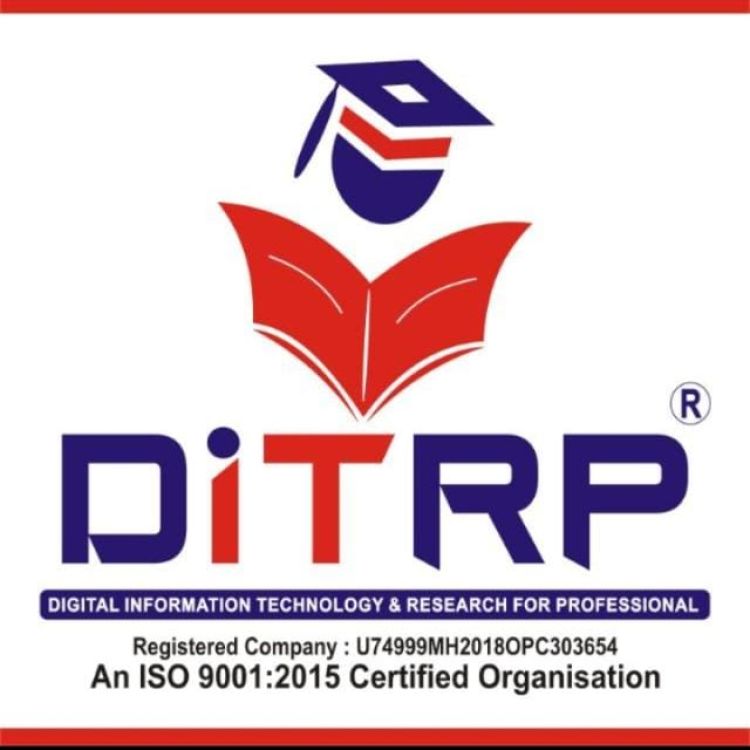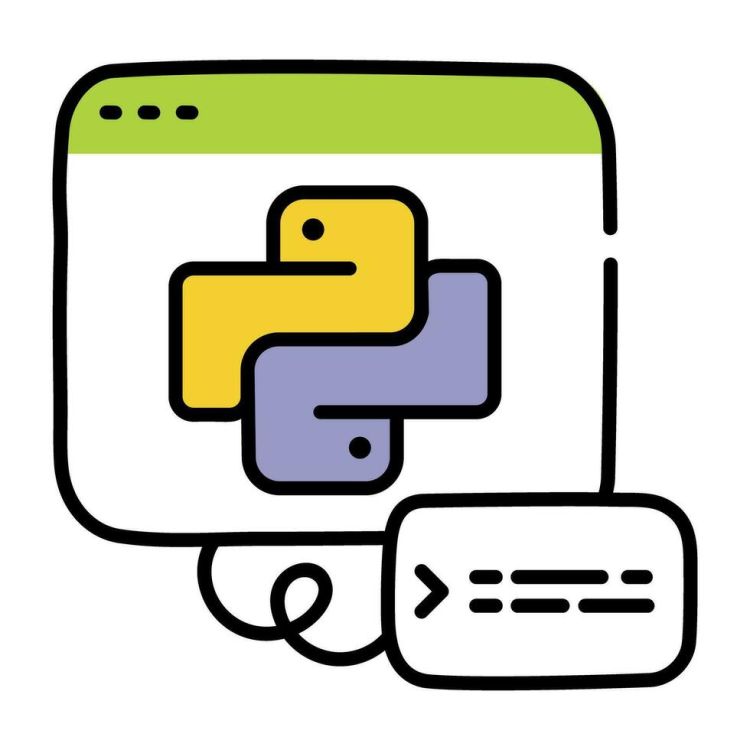
Course Objectives:
Introduce students to the basics of Python programming.
Develop skills in writing and debugging Python code.
Provide hands-on experience through projects.
Course Content:
Module 1: Introduction to Python
What is Python?
Features and advantages of Python
Setting up Python environment (Installation of Python and IDE)
Module 2: Python Basics
Basic Syntax
Writing and executing a Python program
Data Types and Variables
Numbers, strings, lists, tuples, dictionaries
Operators
Arithmetic, relational, logical, and bitwise operators
Module 3: Control Flow
Conditional Statements
If, elif, else statements
Loops
For loop, while loop
Break and continue statements
Module 4: Functions
Defining Functions
Function syntax and arguments
Return Values
Scope and Lifetime of Variables
Lambda Functions
Built-in Functions and Modules
Module 5: Data Structures
Lists and List Comprehensions
Tuples
Dictionaries
Sets
Working with Data Structures
Module 6: File Handling
Reading from and Writing to Files
File Operations
Open, read, write, close files
Handling File Exceptions
Module 7: Exception Handling
Introduction to Exceptions
Types of exceptions
Try-Except Block
Catching exceptions
Finally and Else Clauses
Module 8: Modules and Packages
Importing Modules
Creating and Using Packages
Standard Library Modules
Module 9: Object-Oriented Programming (OOP)
Classes and Objects
Defining classes and creating objects
Attributes and Methods
Inheritance
Polymorphism
Encapsulation
Module 10: Final Project
Project Overview
Design and implement a Python application
Project Implementation
Apply learned concepts in a practical project
Presentation
Demonstrate and explain the project to the class
Assessment:
Weekly Quizzes
Assignments
Final Project
This syllabus covers essential Python concepts and provides a solid foundation for beginners.
Basic Computer Skills:
No Prior Programming Experience Required:
Educational Background:
Interest in Programming:
English Proficiency:
Access to a Computer:
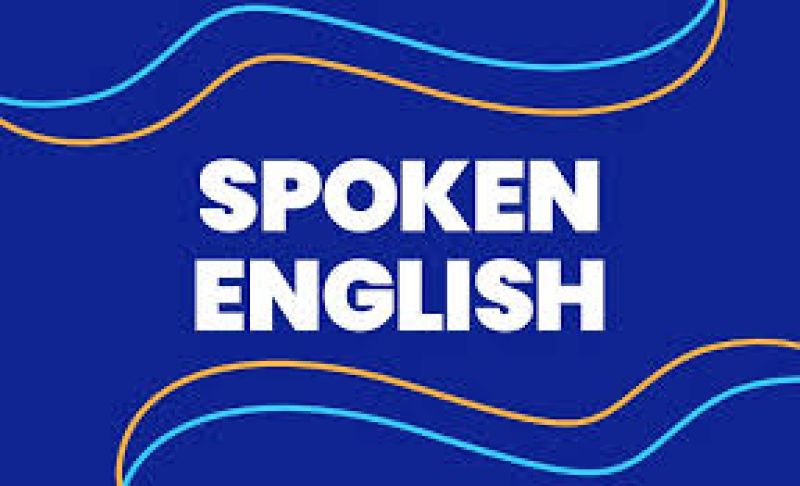
Course Code : S-001
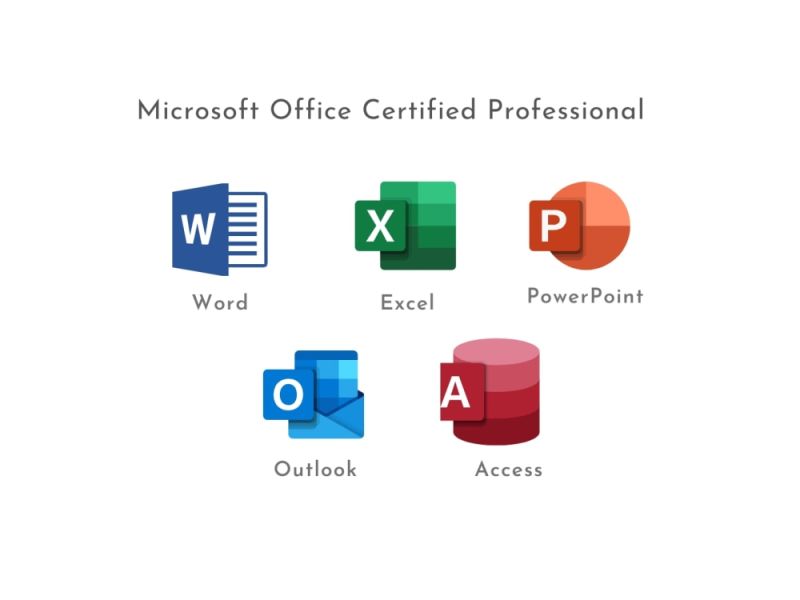
Course Code : S-002
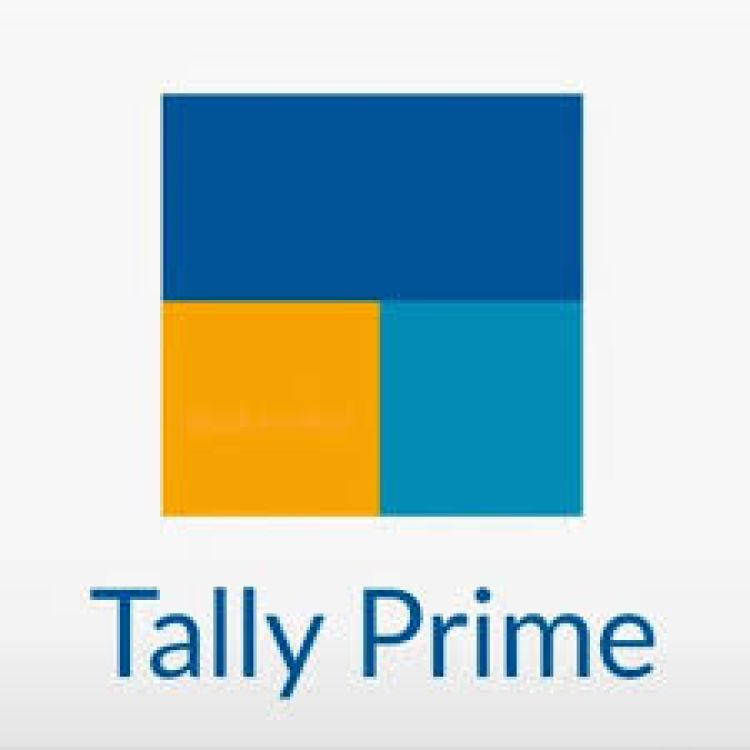
Course Code : S-003
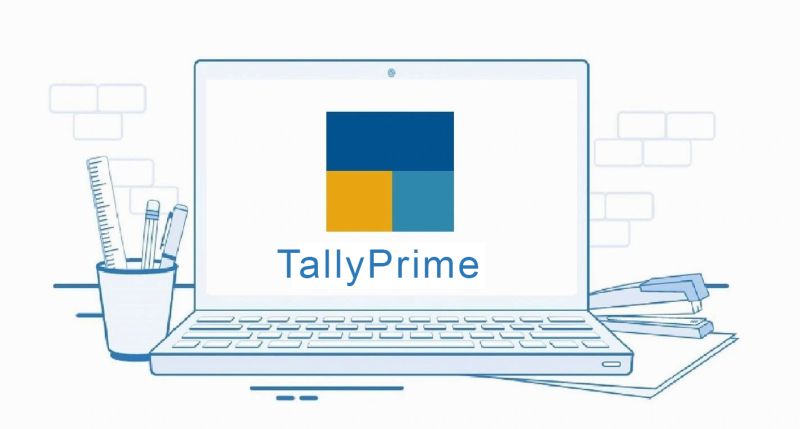
Course Code : S-004
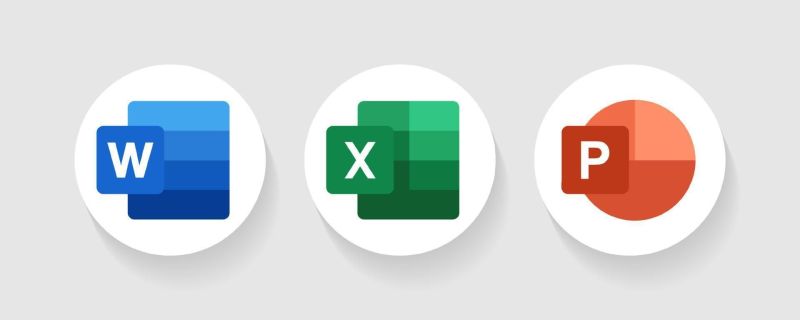
Course Code : S-005

Course Code : S-006
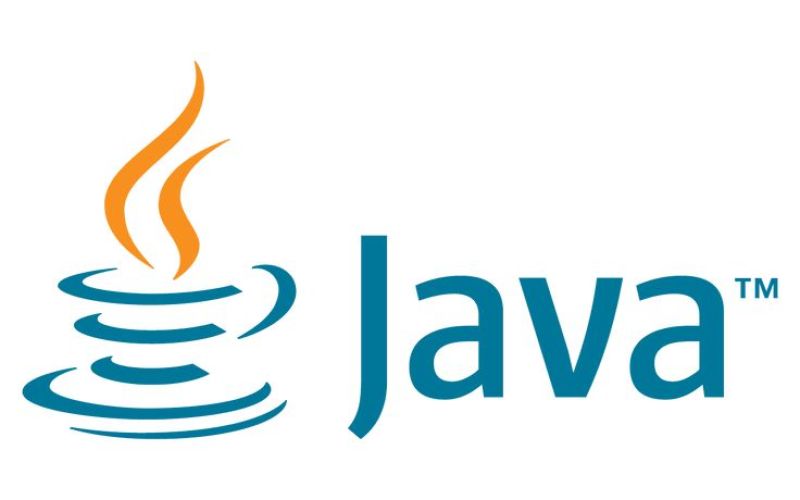
Course Code : S-007

Course Code : S-008
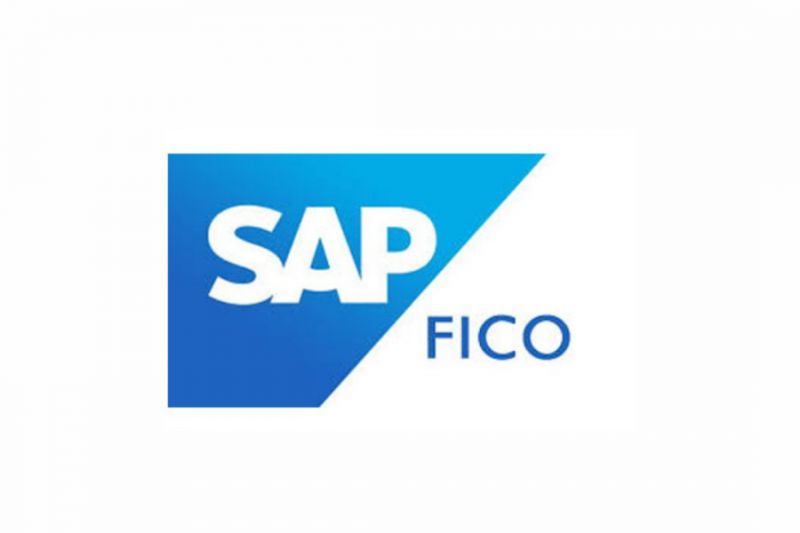
Course Code : S-009
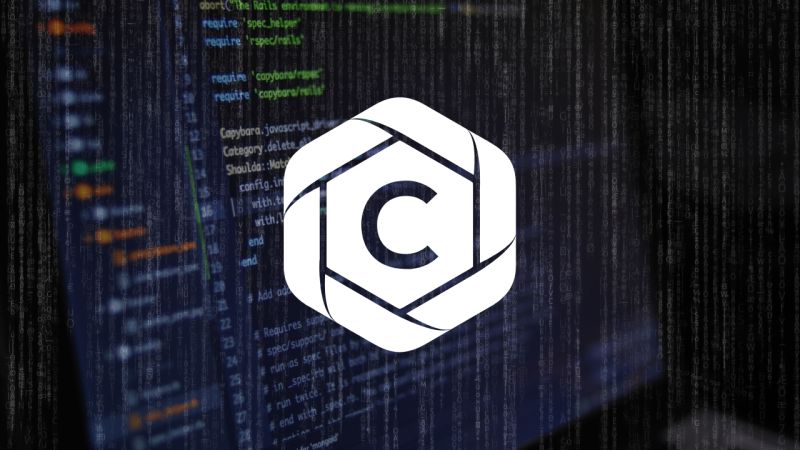
Course Code : S-010
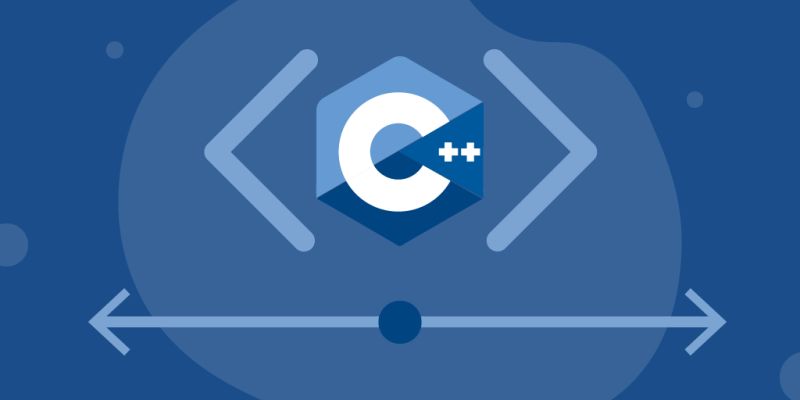
Course Code : S-011

Course Code : S-012
Course Code : S-013

Course Code : S-014

Course Code : S-015
Course Code : S-016
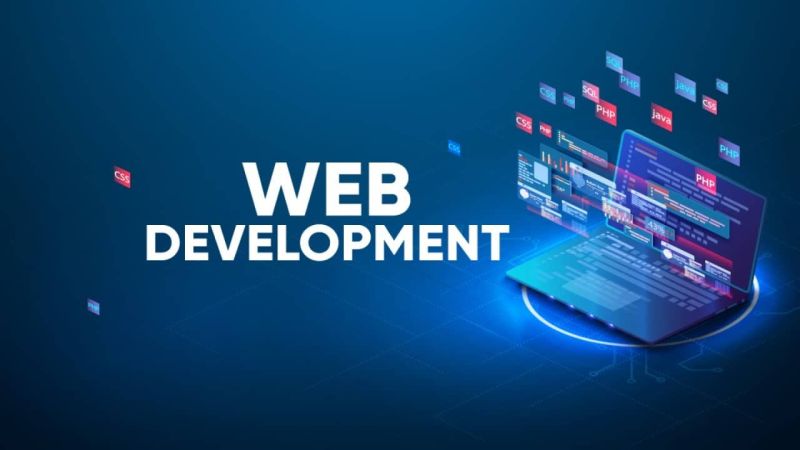
Course Code : S-017
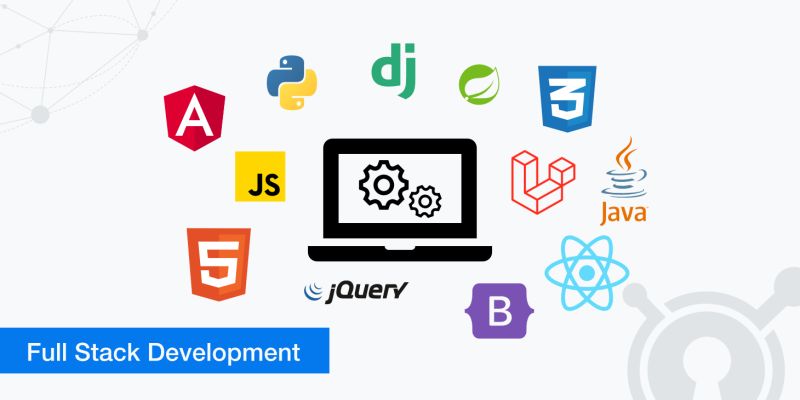
Course Code : S-018
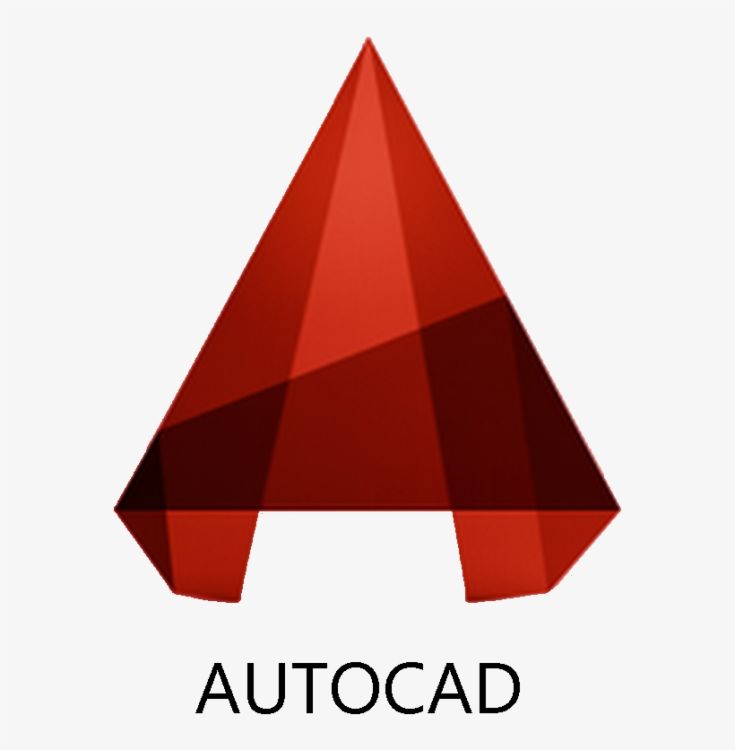
Course Code : S-019

Course Code : S-020
Course Code : M-021

Course Code : S-22

Course Code : S-S-23

Course Code : S-24

Course Code : S-25
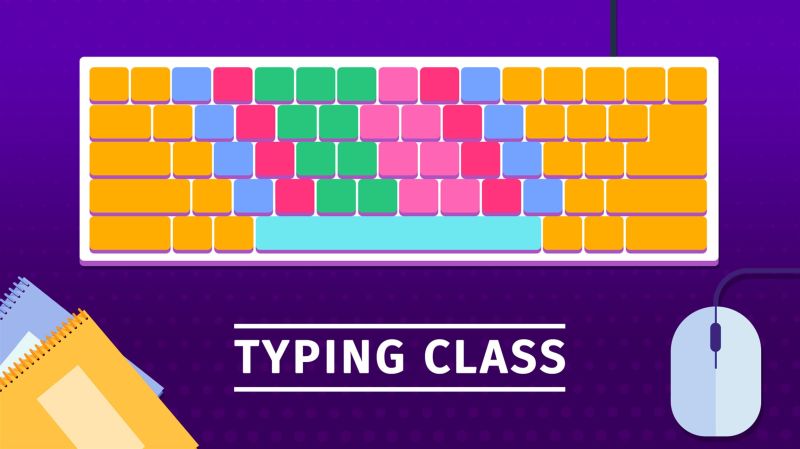
Course Code : S-26

Course Code : S-27
Course Code : S-28

Course Code : S-29

Course Code : S-30

Course Code : S-31
